Invincible Colorist Bill Crabtree Files Lawsuit Claiming Robert Kirkman Tricked Him Out Of Series Ownership Rights
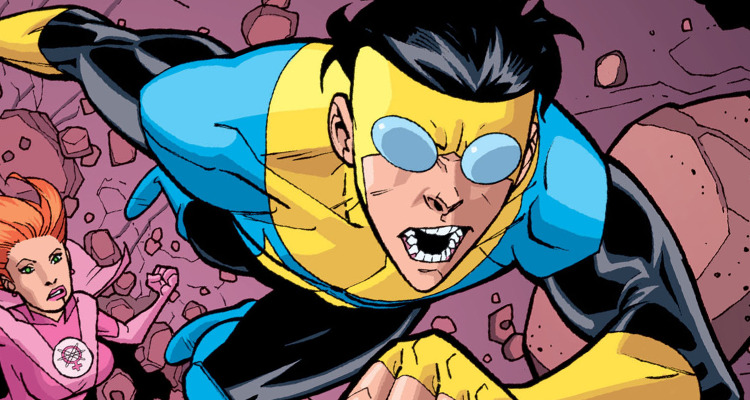
Invincible colorist Bill Crabtree has filed a lawsuit against Robert Kirkman alleging that the series’ writer and one of two credited co-creators tricked him out of his ownership rights to the series “based on a series of false promises, false representations and material omissions.”
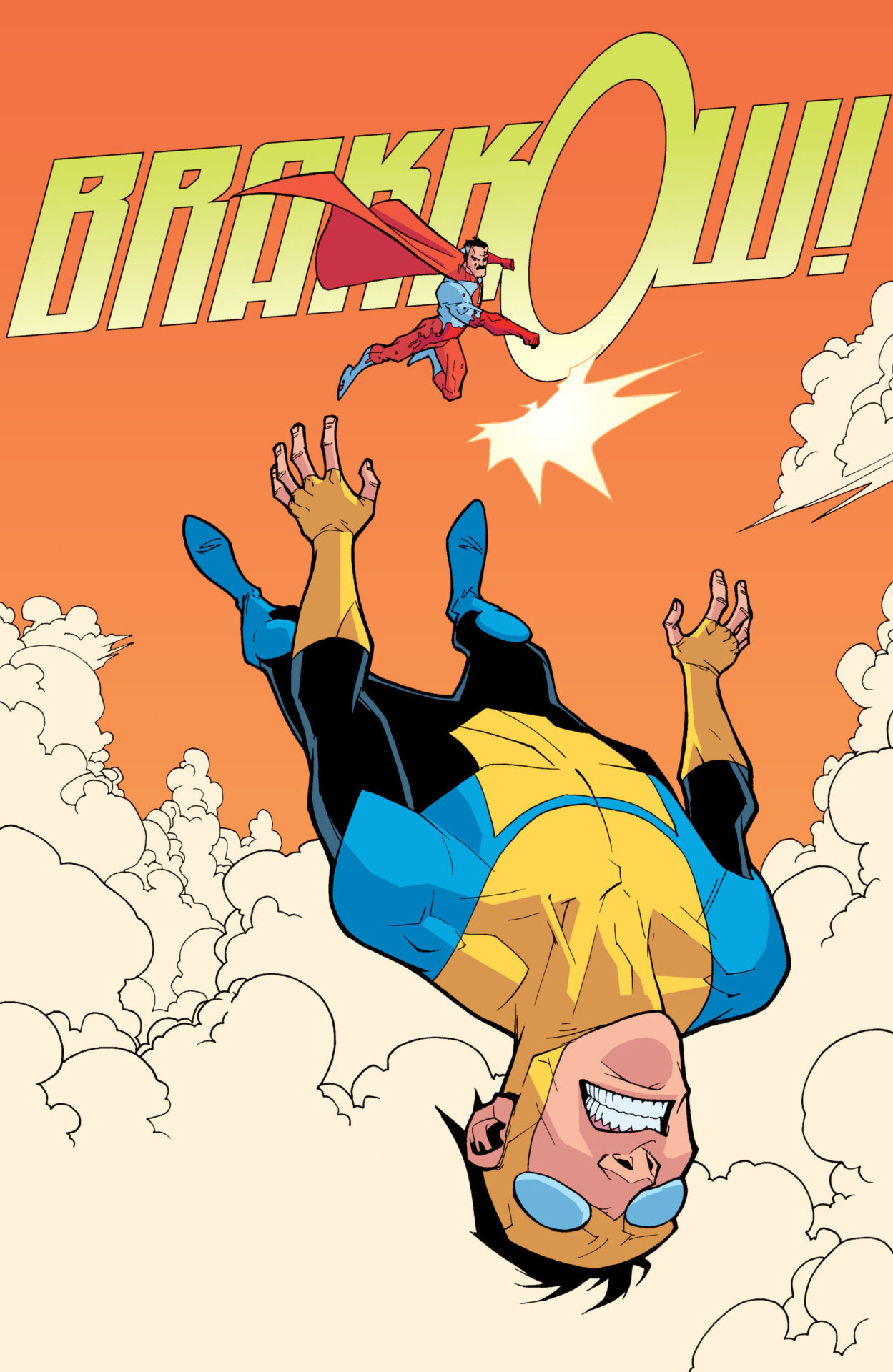
Source: Invincible #12 “Perfect Strangers, Part 4” (2004), Image Comics. Words by Robert Kirkman, art by Ryan Ottley and Michael Crabtree.
Filed with the US District Court of Central California on January 9th, Crabtree’s lawsuit stakes his claim in the popular Image Comics series based on his work “as the colorist for the first fifty issues of the book, comprising more than one third of the title’s complete run, and establishing much of the palette and color scheme,” which has since “been utilized and drawn upon extensively in subsequent comic issues and the subsequent television adaptation of the comic book series.”
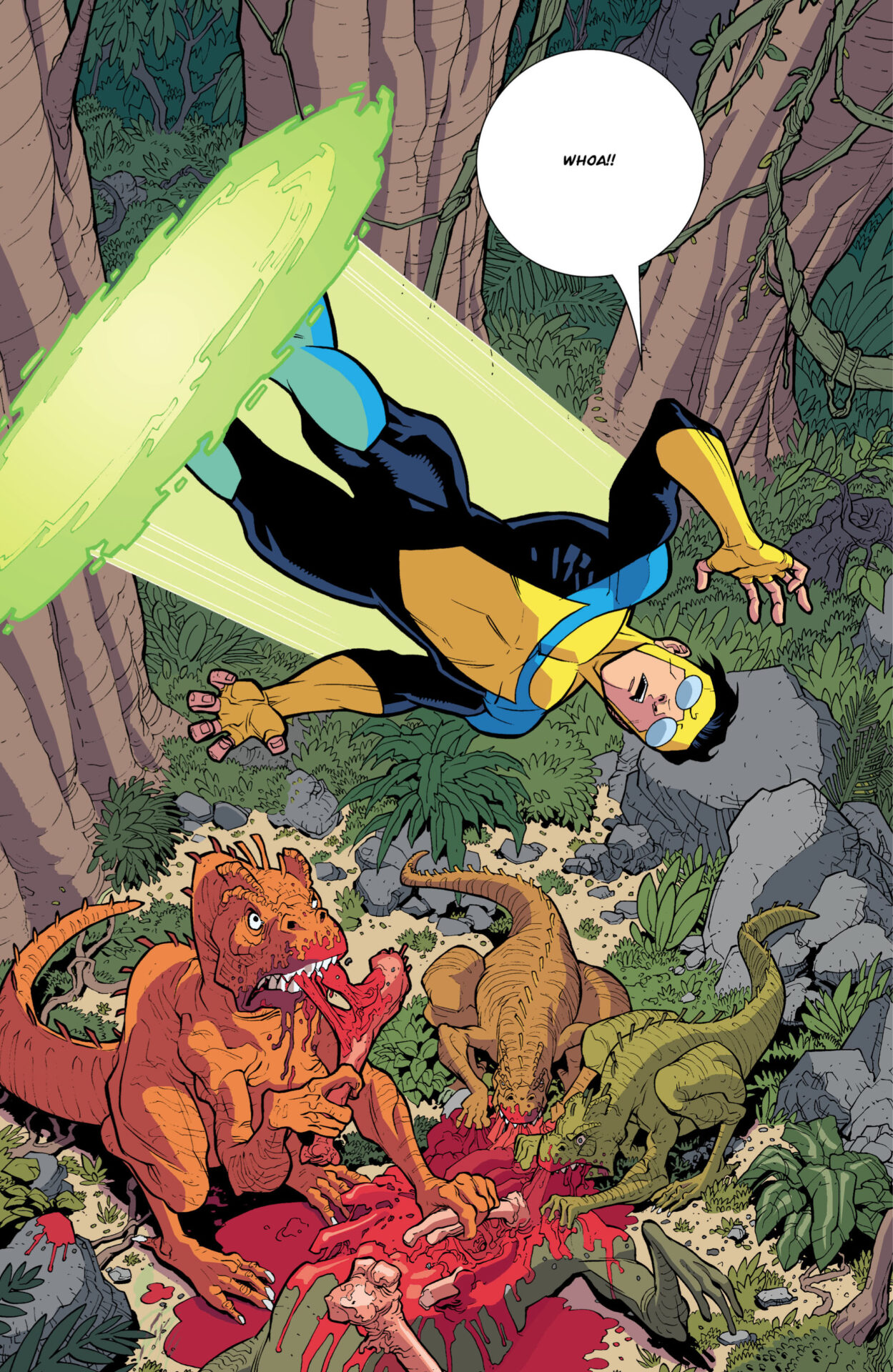
Source: Source: Invincible #33 (2006), Image Comics. Words by Robert Kirkman, art by Ryan Ottley and Michael Crabtree.
As argued by the colorist in the suit, “[Invincible] was prepared by Crabtree, Kirkman and others” – in particular the series’ second credited co-creator, artist Cory Walker – “with the intention that their contributions be merged into inseparable or interdependent parts of a unitary whole. As such, Crabtree and Kirkman were thus joint authors and co-owners of the copyrights in the Work under the Federal Copyright Act.”
At this time, says Crabtree, the two creators agreed that the colorist would receive 20% of single issue sales and 10% of any revenue made from derivative works, such as Amazon’s animated adaptation.
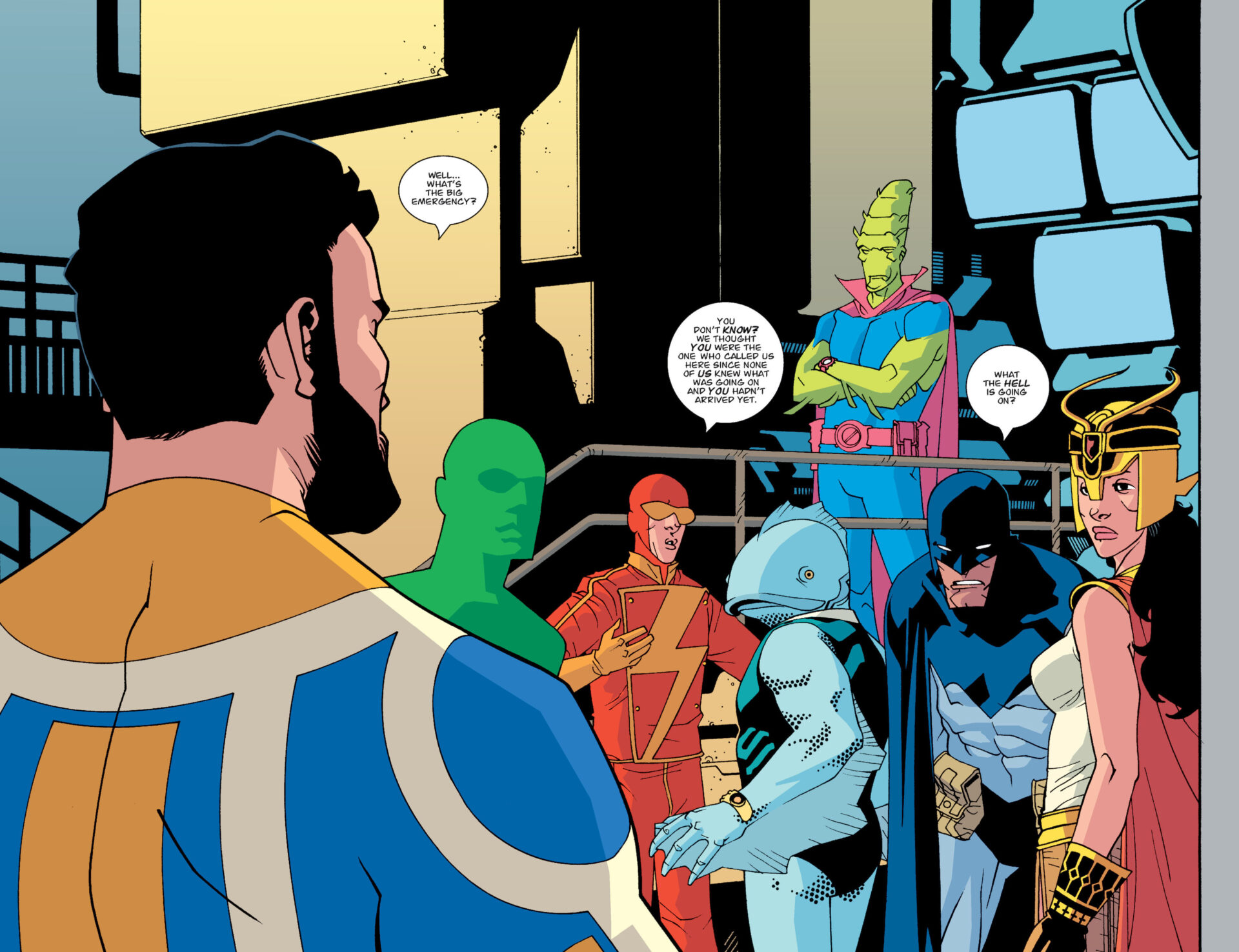
Source: Invincible #7 (2003), Image Comics. Words by Robert Kirkman, art by Cory Walker and Bill Crabtree.
However, despite beginning the series as apparent equal partners Crabtree claims that “In 2005, Kirkman and his agents devised a scheme to fraudulently induce Crabtree to abandon and assign his copyright interest in the Work to Kirkman’s alter-ego limited liability company, Kirkman LLC.”
“Based on a series of false promises, false representations and material omissions (which was a routine business practice at the time),” the lawsuit reads, “Kirkman and his agents convinced Crabtree to enter into a written ‘Certificate of Authorship’ which post-hoc purported to classify Crabtree’s contributions as ‘works made for hire.’”
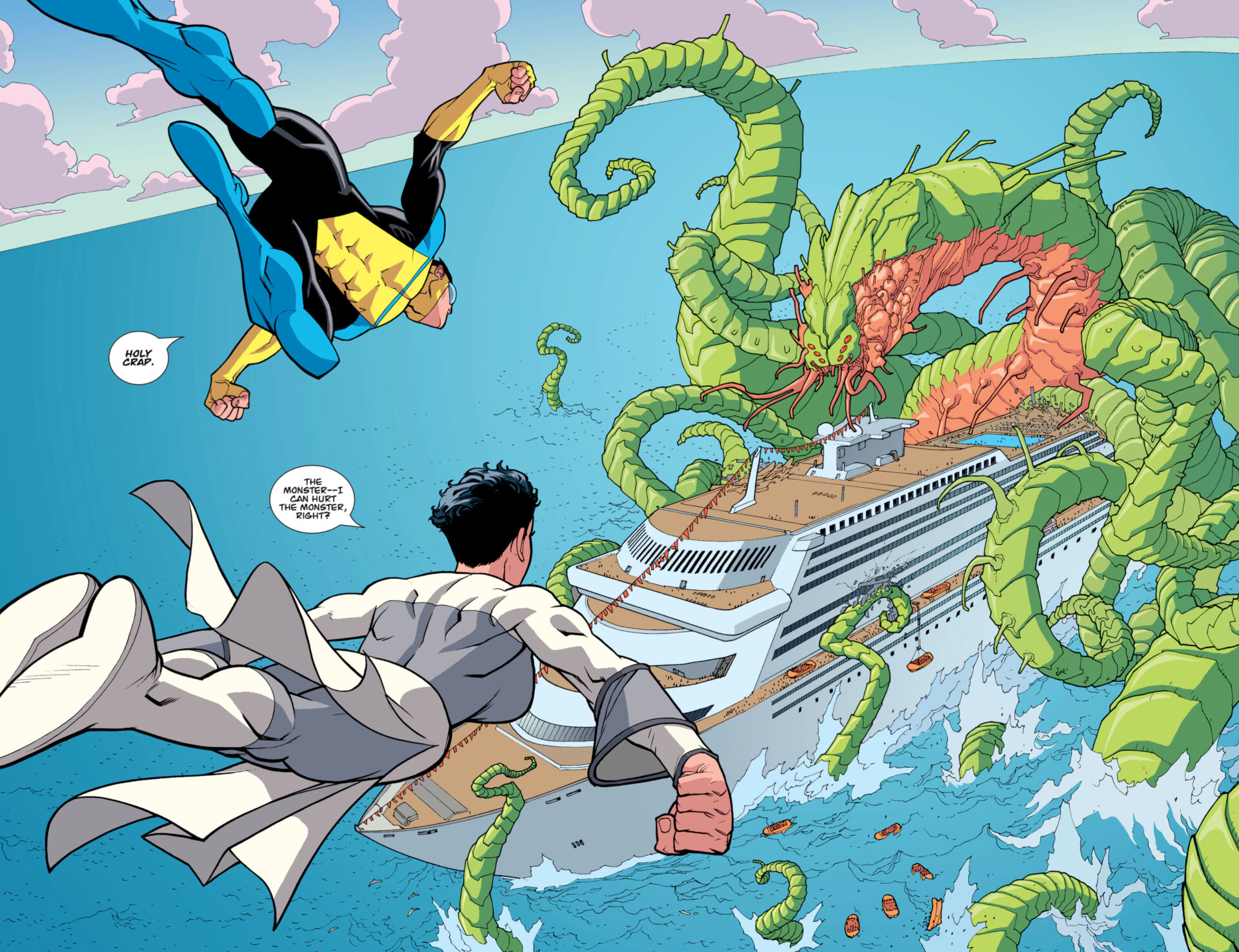
Source: Invincible #44 (2007), Image Comics. Words by Robert Kirkman, art by Ryan Ottley and Michael Crabtree.
The lawsuit explains, “Kirkman falsely told Crabtree that Crabtree’s rights and financial interest in the Work would remain unchanged if he signed the Certificate of Authorship and that the document would simply allow Kirkman to market the licensure of the Work more easily, resulting in greater profits for both of them.”
After signing the ‘Certificate of Authorship,’ says Crabtree, “Kirkman continued to pay Crabtree per their original financial arrangement at rates greater than $40 per page for single issue sales of the Work”, including “thousands of dollars in connection with the licensure of the Work by MTV for a television based motion comic and by Paramount Pictures for an option for film and television rights on the Work.”
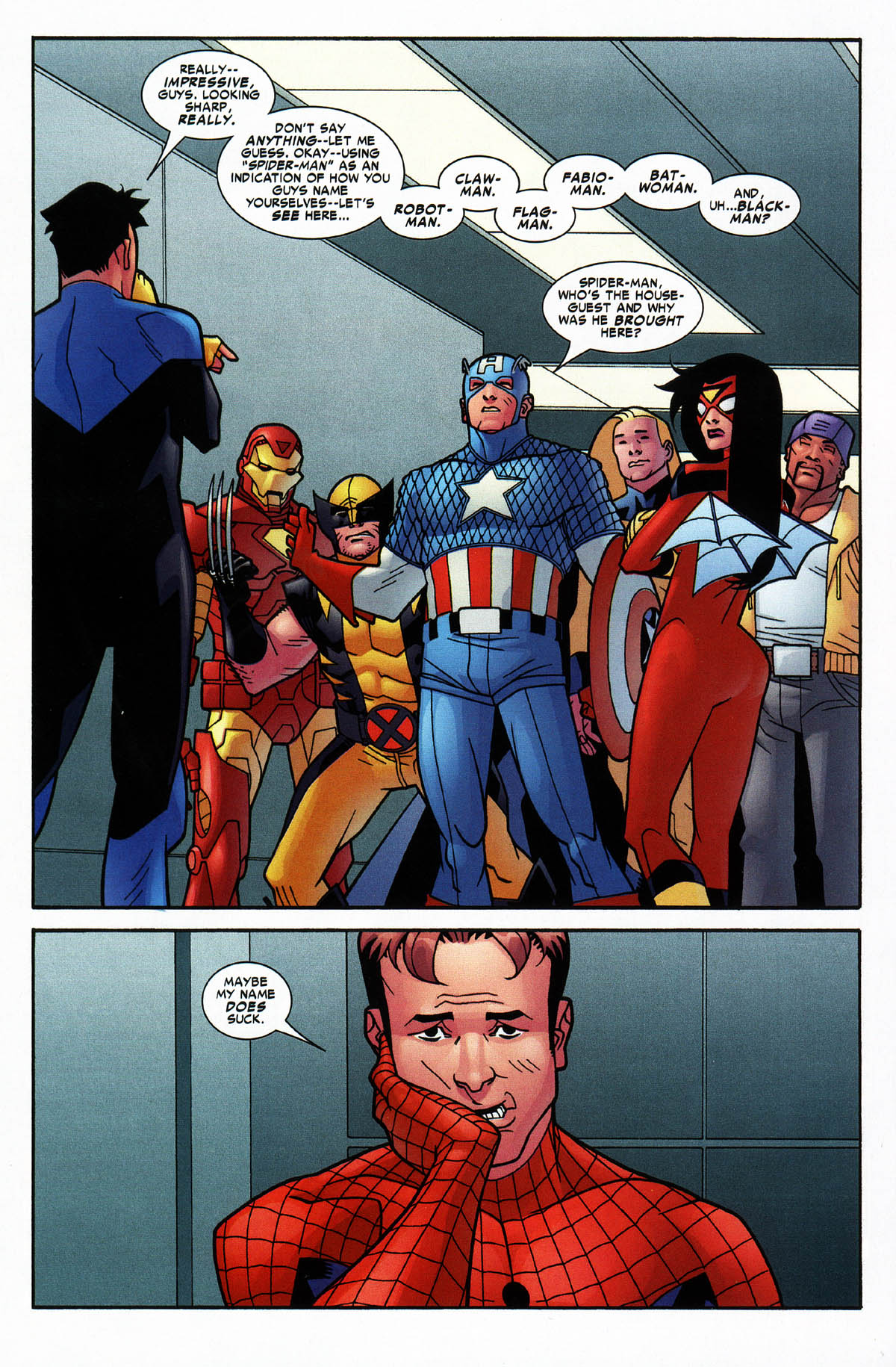
Source: Marvel Team-Up Vol. 3 #14 (2005), Marvel Comics. Words by Robert Kirkman, art by Cory Walker and Bill Crabtree.
According to the colorist, “based on these repeated and ongoing payments,” he “believed that what Kirkman had originally stated remained true – namely, that Crabtree continued to be an owner of the Work entitled to a share of the financial proceeds generated from the exploitation thereof.”
This belief was ultimately shattered upon the announcement that Amazon would be moving forward with its animated adaptation, as when Crabtree asked why he did not receive any royalties from the licensing deal, Kirkman informed him that “Kirkman LLC was the sole owner of the Work, that Crabtree had no ownership interest and was not entitled to any monetary proceeds generated from the Work as a result of the Certificate of Authorship.”
Further, Kirkman told Crabtree that the payments he had previously received “were actually just ‘bonuses,’ that he paid at his discretion.”
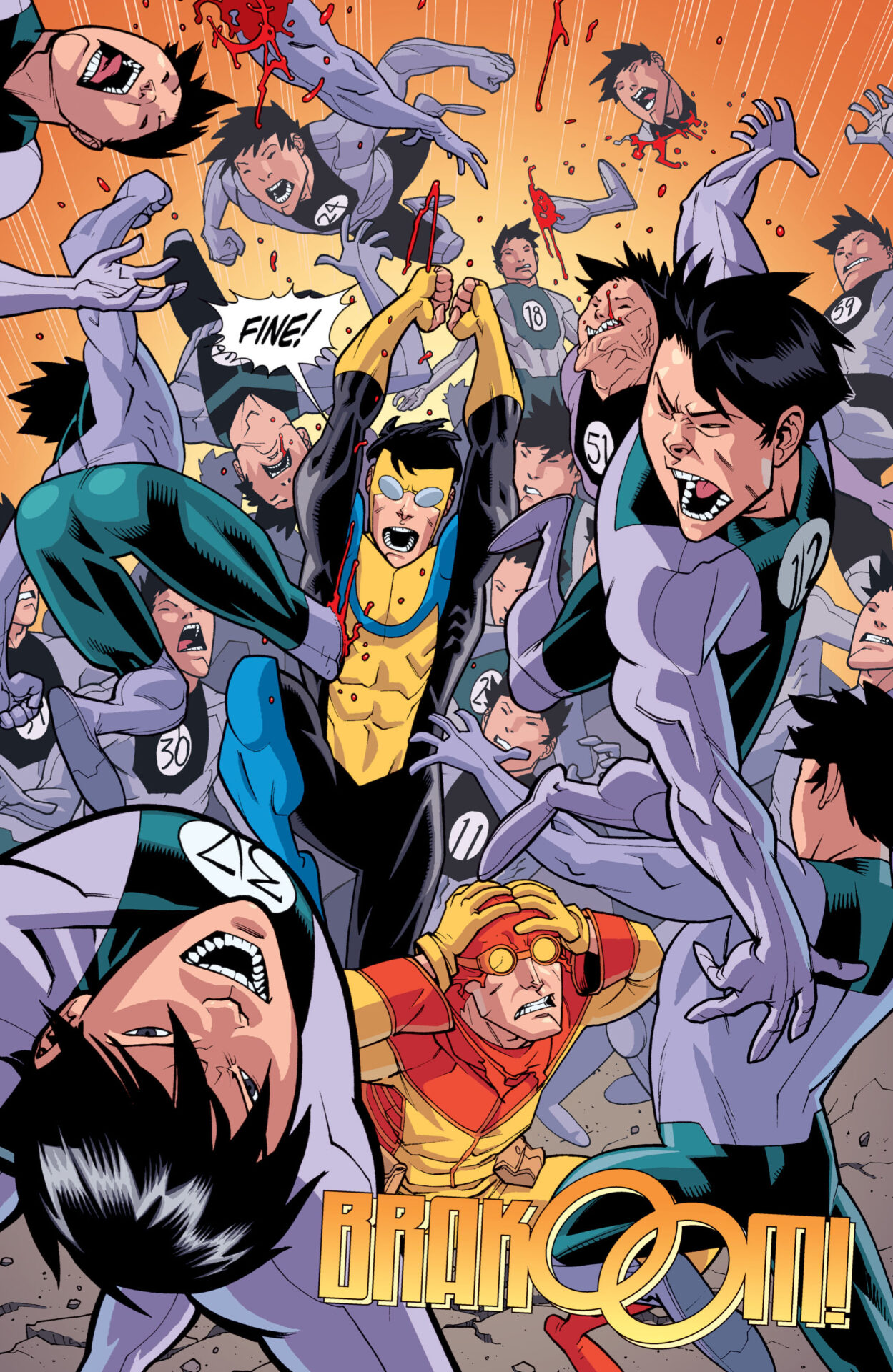
Source: Source: Invincible #46 (2007), Image Comics. Words by Robert Kirkman, art by Ryan Ottley and Michael Crabtree.
Ultimately, Crabtree is seeking a declaration that he “is a joint author of Invincible and holds an undivided ownership interest in the entire Work, recession of the Certificate of Authorship and the return of his co-author copyright interests in the Work, an accounting of what is owned to Crabtree by Kirkman and/or Kirkman LLC by virtue of Crabtree’s copyright interests in the Work, and monetary damages, including punitive damages.”
Interestingly, Crabtree’s lawyer, Devin McRae, previously represented The Walking Dead artist Tony Moore when he filed a suit against Kirkman in 2012 alleging similar deception regarding the rights to the popular zombie series. The suit settled just two months later on still-undisclosed terms.
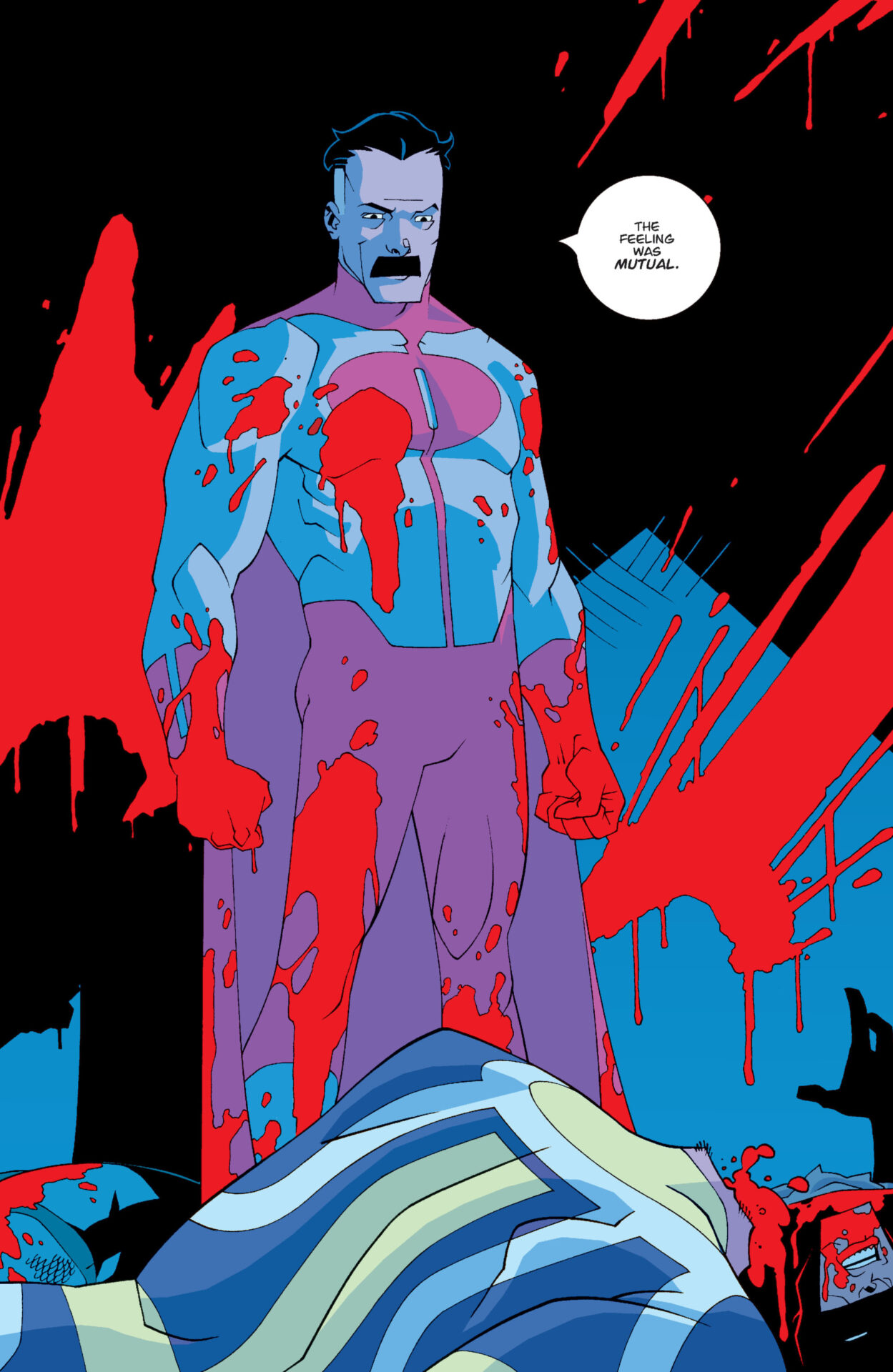
Source: Invincible #7 (2003), Image Comics. Words by Robert Kirkman, art by Cory Walker and Bill Crabtree.
As of writing, Kirkman has not publicly responded to Crabtree’s filing.
What do you make of Crabtree’s lawsuit? Let us know your thoughts on social media or in the comments down below!
NEXT: Steve Ditko Estate Files To Terminate Marvel Copyrights Over Spider-Man And Doctor Strange
More About:Comic Books
